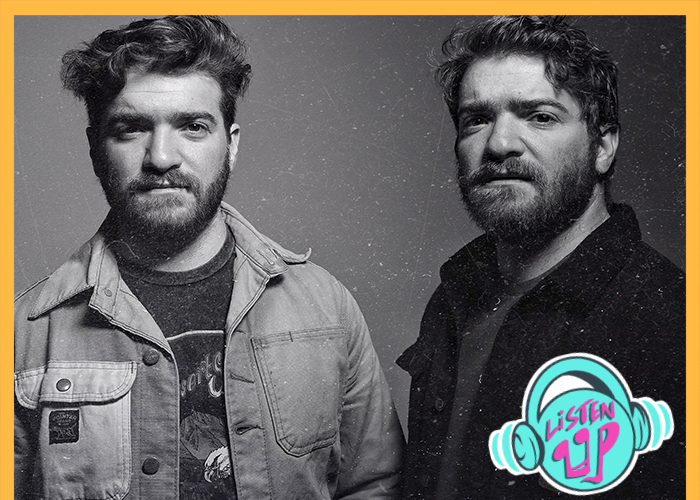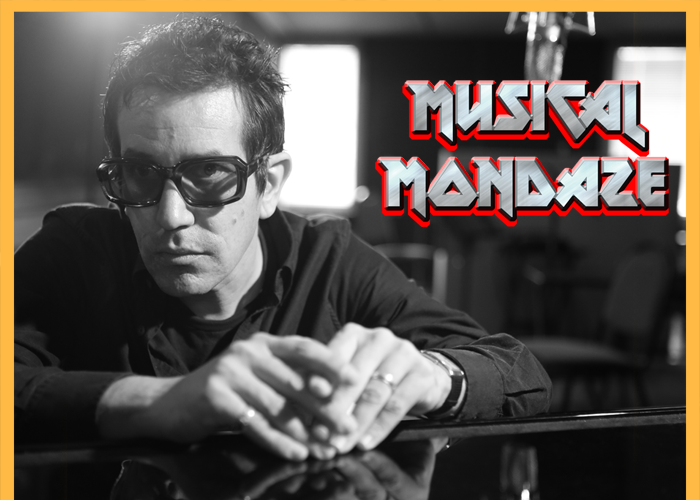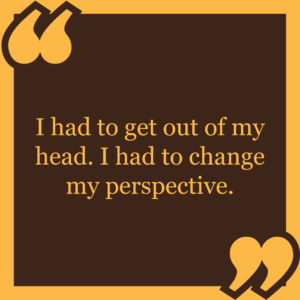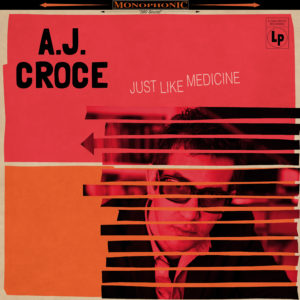While their last album Some People I Know helped us to weather the storm that was 2020, their latest, Calla Lily, offers new growth in what will hopefully be a period of germination for society. Although you will not be able to get your hands on the record until April 16, the first two singles, Sorrow and On the Road Again, are available now. We sat down with sibling songwriters Adam and David Moss to discuss their music for a seven question session.





 from California to Nashville again (it’s our second time living there), and all kinds of good stuff and all kinds of hard stuff. Selling my house. I was broke. I had tax problems. I had all kinds of psychological problems with a million different things going on, and meanwhile, touring and trying to keep a career.
from California to Nashville again (it’s our second time living there), and all kinds of good stuff and all kinds of hard stuff. Selling my house. I was broke. I had tax problems. I had all kinds of psychological problems with a million different things going on, and meanwhile, touring and trying to keep a career.  TrunkSpace
TrunkSpace